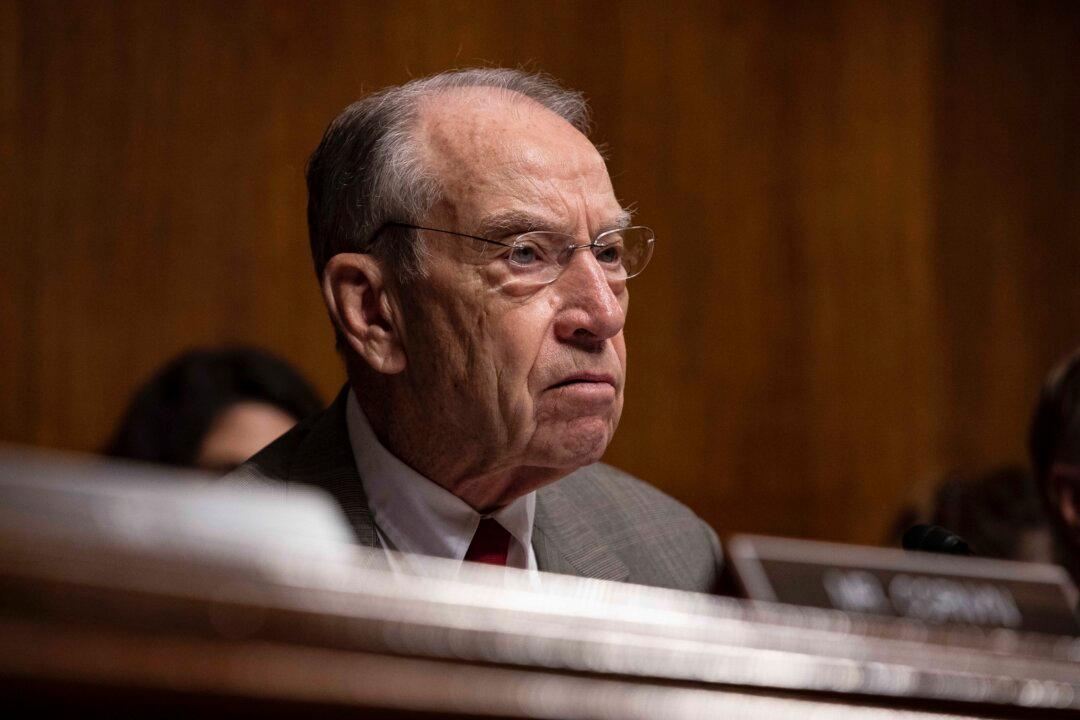Republican lawmakers expressed concern on “political motivation” behind the House Democrats’ impeachment effort after House Democrats issued their first impeachment inquiry subpoena on Friday, Sept. 27.
The Committee on Foreign Affairs issued the subpoena to Secretary of State Mike Pompeo and five other State Department officials after consultation with the House Intelligence Committee and the Committee on Oversight and Reform.





